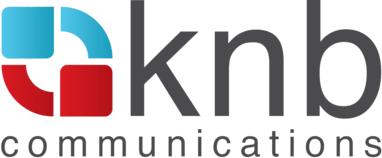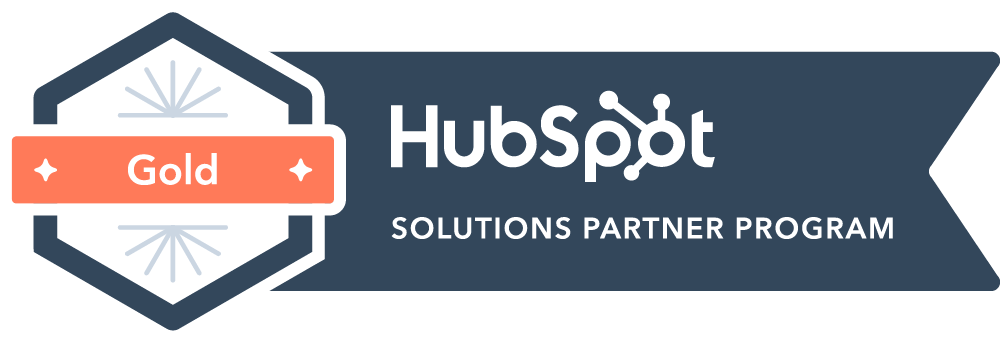In today's competitive healthcare tech landscape, understanding your target audience is key to success. One of the most effective ways to gain these insights is through marketing research focus groups. These discussions can reveal valuable information about user preferences, needs, and pain points. However, to obtain useful and reliable data, you need to conduct your focus group effectively. Here are the steps, from the experts:
- Define your objectives clearly: Before planning your focus group, have a clear understanding of what you wish to learn. Are you looking to understand the challenges healthcare professionals face when using your technology? Or do you want to gauge the appeal of a new feature? Maybe you want to know what individuals in the biotech sector think of a product name. Your objectives should guide every subsequent decision, from participant selection to question design.
- Choose the right participants: A focus group's value is determined by its participants. For healthcare tech, you might need to involve doctors, nurses, hospital administrators, CTOs, or even patients. Choose participants who are representative of your user base and who can provide diverse perspectives. However, they should also share enough common characteristics to facilitate meaningful discussions. This is usually the longest part of the process.
- Plan engaging questions: Good questions are open-ended, neutral, and designed to stimulate conversation. They should guide participants to discuss their experiences, needs, and ideas freely. Start with broader questions, then move to specifics. For instance, you could start with, "What has been your experience with our healthcare tech?" before moving to "What feature do you find most useful and why?"
- Facilitate effectively: A good, experienced moderator is crucial to a productive focus group. They must encourage participation from all attendees, manage dominant speakers, and steer the conversation back if it strays off-topic. Remember, the moderator's role is not to lead discussions, but to create an environment where participants feel comfortable sharing their thoughts. Probing to understand a comment is fine; dismissing or denigrating is not. Consider using visuals when appropriate.
- Analyze and apply insights: After the focus group, the real work begins—analyzing the data. Look for common themes, surprising insights, or contradicting opinions. These findings can inform your marketing strategies, product development, and more. It’s critical that these insights are shared with key stakeholders and applied to your business strategy.
Remember, conducting a focus group is as much an art as it is a science. Each group will be unique, and flexibility is essential. The key is to listen, understand, and adapt, using the insights gained to drive your healthcare tech company's growth and success.





.svg)
.svg)





